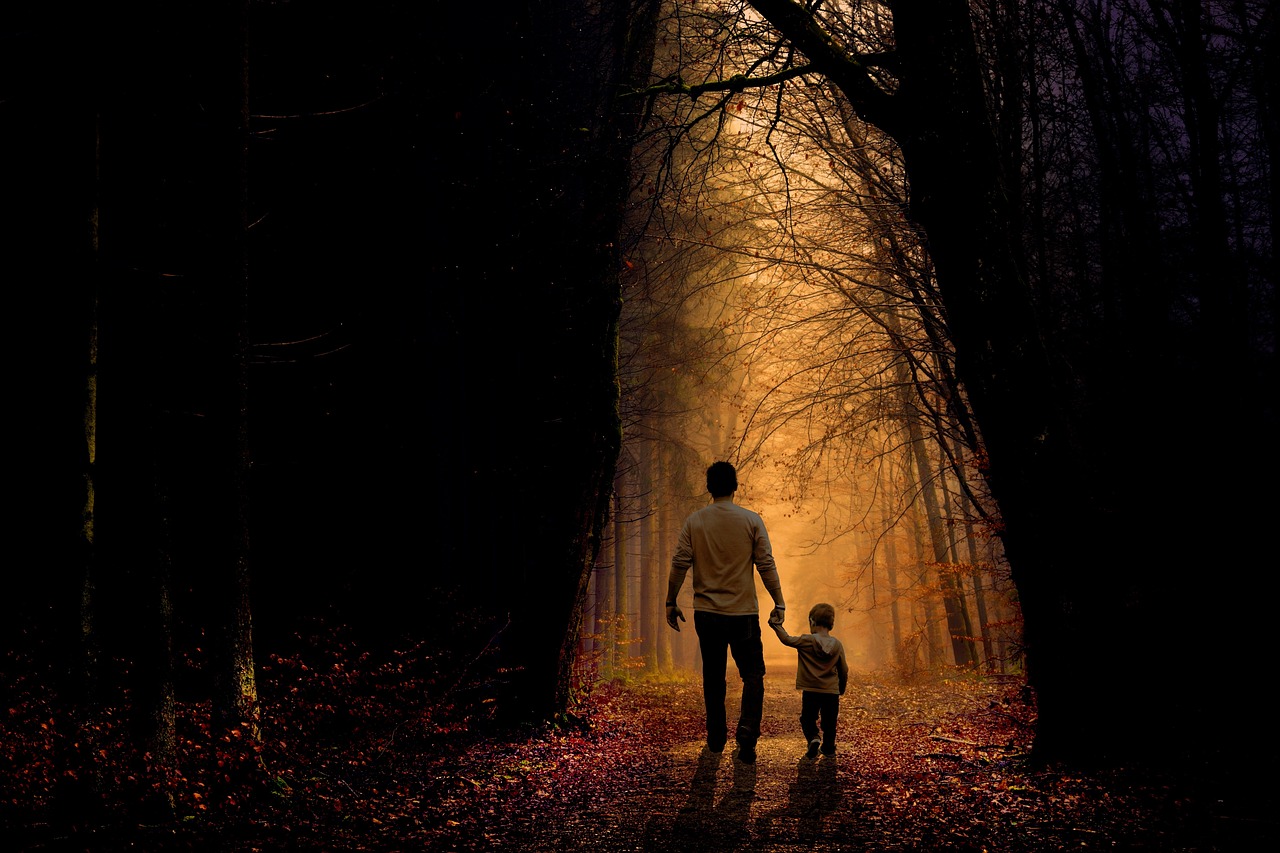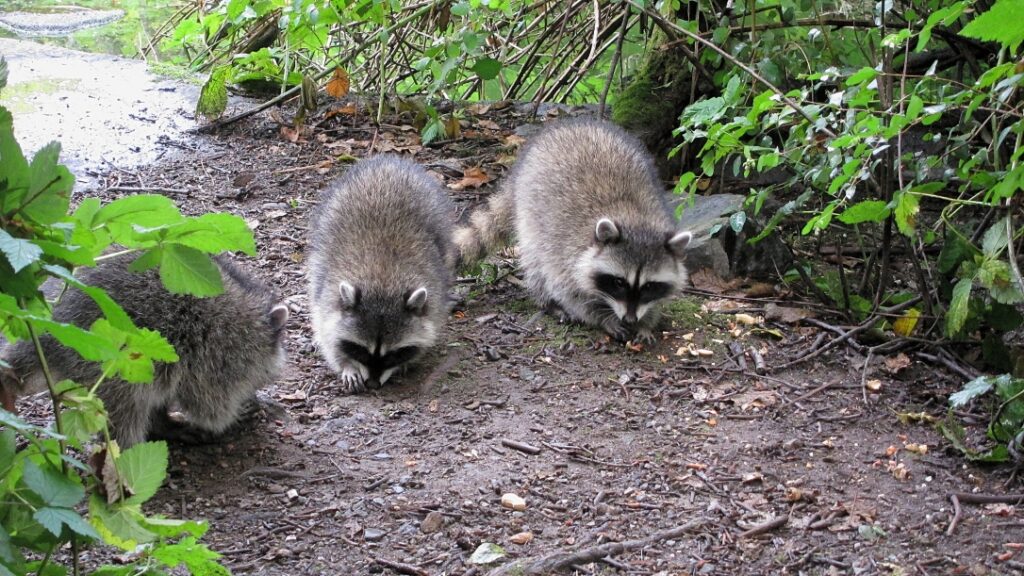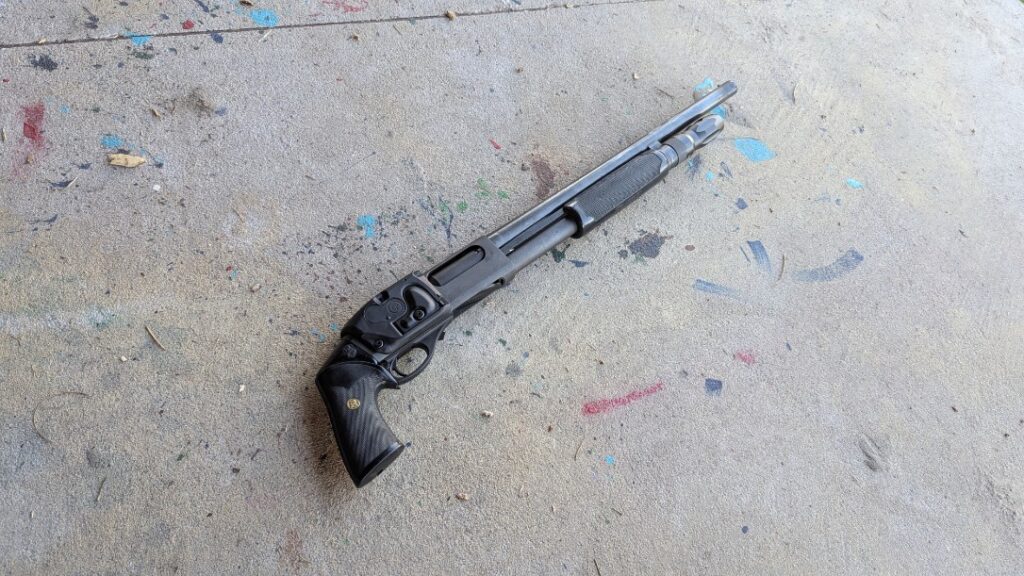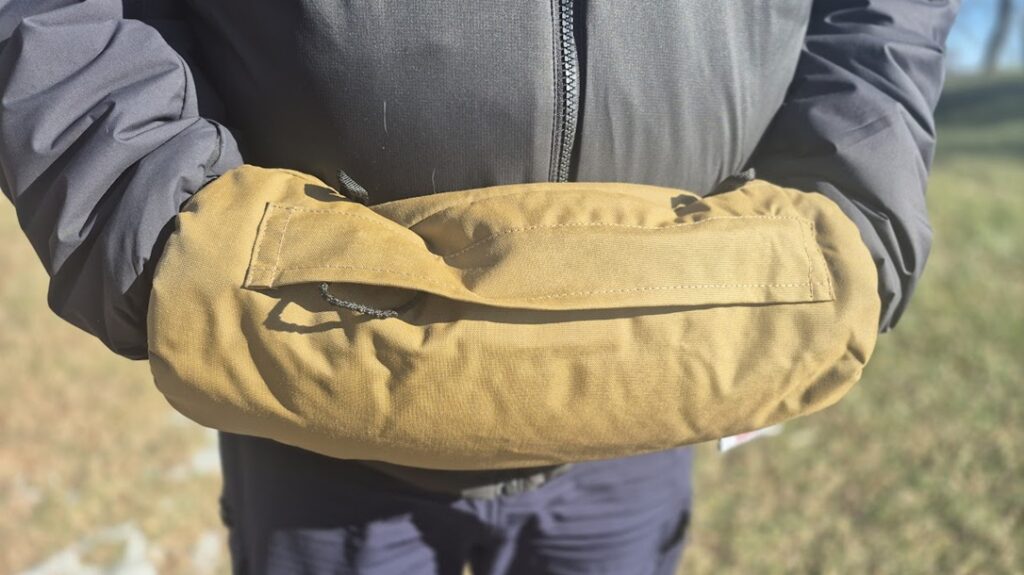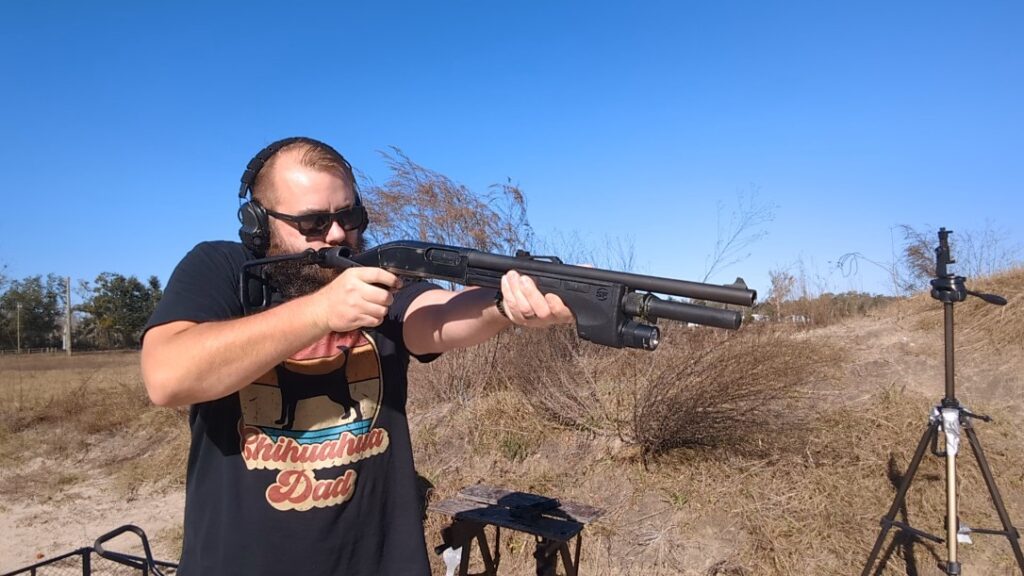Many parents wonder how best to talk to their kids about prepping. You want to teach them skills, of course, but you don’t want to scare the daylights out of them.
Maturity
As we so often say as we get older, age is just a number. That applies to youngsters as well. I mean, I’ve been asked how old a child should be before they’re given their first knife. I know 40-year-old men I wouldn’t trust with a spoon out in public.
It isn’t a matter of how many years they’ve been on the green side of the grass. It’s a matter of maturity. Only you know what your child can likely handle. Keep conversations about severe storms and other threats realistic, but you might not need to go into detail if that’s just going to send them into a panic.
Advertisement — Continue Reading Below
If they do get scared, remind them that prepping is what we’re doing to reduce the danger.
Emulate Behavior
As that great and eminent sage Douglas Adams wrote in The Hitchhiker’s Guide to the Galaxy, “Don’t panic.” If you act scared, that’s going to scare your kids. On the other hand, if you give off an air of confidence, that’s going to rub off on them. They might not develop a cocky swagger, but they’ll at least be assured that you’re handling the problem.
What If Scenarios
These can be a great way to not only teach skills and share information but to check in with them to see what they’re thinking. Talk them through some realistic situations, such as a house fire, tornado warning, or getting lost in the woods. Give them the scenario and let them tell you what they think they should do. Gently correct them as needed.
Advertisement — Continue Reading Below
No matter what, it’s critical that in any scenario you discuss, at the end, you describe them overcoming the problem and prevailing safely. Don’t ever, not even for a moment, let them think that the situation will be hopeless. That accomplishes nothing productive.
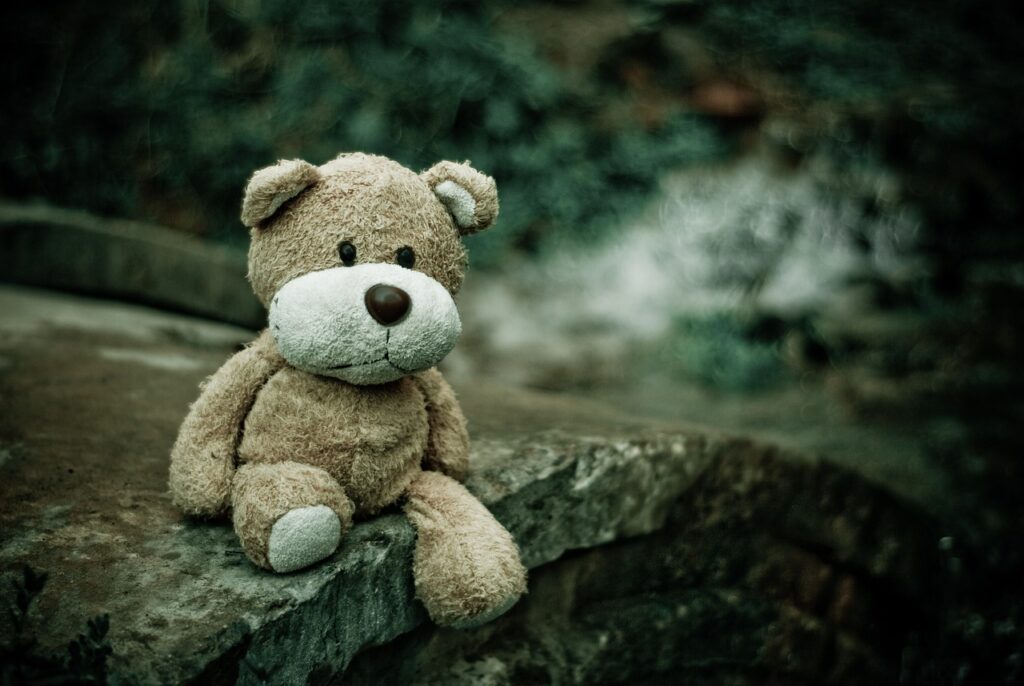
Prep-Adjacent Extracurriculars
There are a number of groups and programs out there that help teach skills that will be helpful in a crisis. Scouting covers a range of topics like first aid, camping, and navigation.
Advertisement — Continue Reading Below
Destination Imagination is a great program that teaches problem-solving and decision-making under pressure. Another popular one is 4-H, which covers an enormous range of topics, including agriculture, animal husbandry, healthy living, archery, and shooting sports.

Real-World Skill Building
Take the time as your kids grow up to teach them skills that will be useful in their lives. While organizations and programs like we just discussed are great, this sort of education should begin at home. Teach them how to cook meals from scratch, how to preserve food, and how to budget money. Talk to them about self-defense and what to do about bullies. Instill into them self-confidence. Make sure they know that you have their back, no matter what.
Advertisement — Continue Reading Below
As you discuss the skills they’re learning, both at home and elsewhere, talk about how they can use them in an emergency. Don’t overdo it, and steer every conversation into prepping. Nobody wants that. But give them a frame of reference to understand that the world doesn’t always play nice, and you should be prepared to handle problems when they arise.
